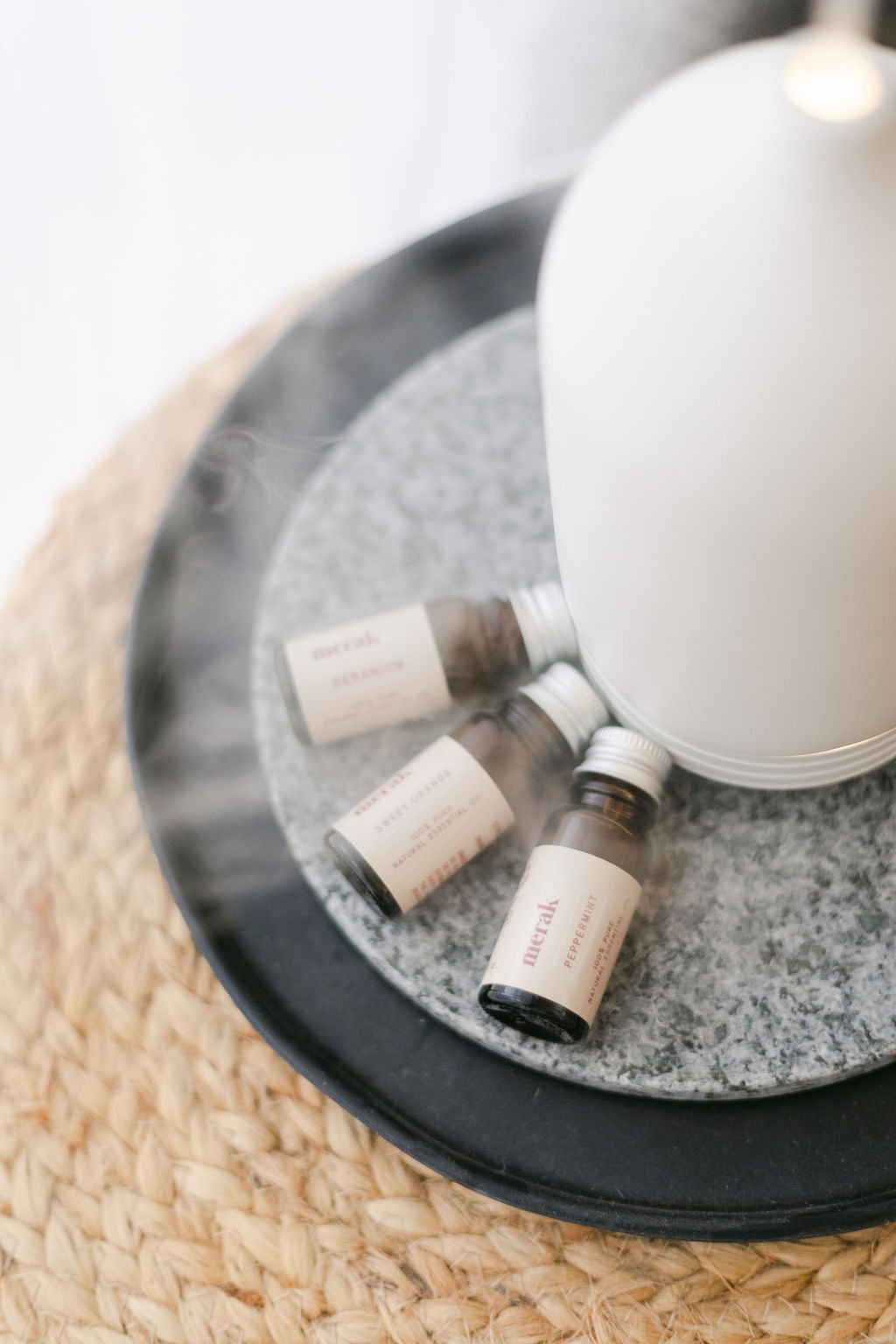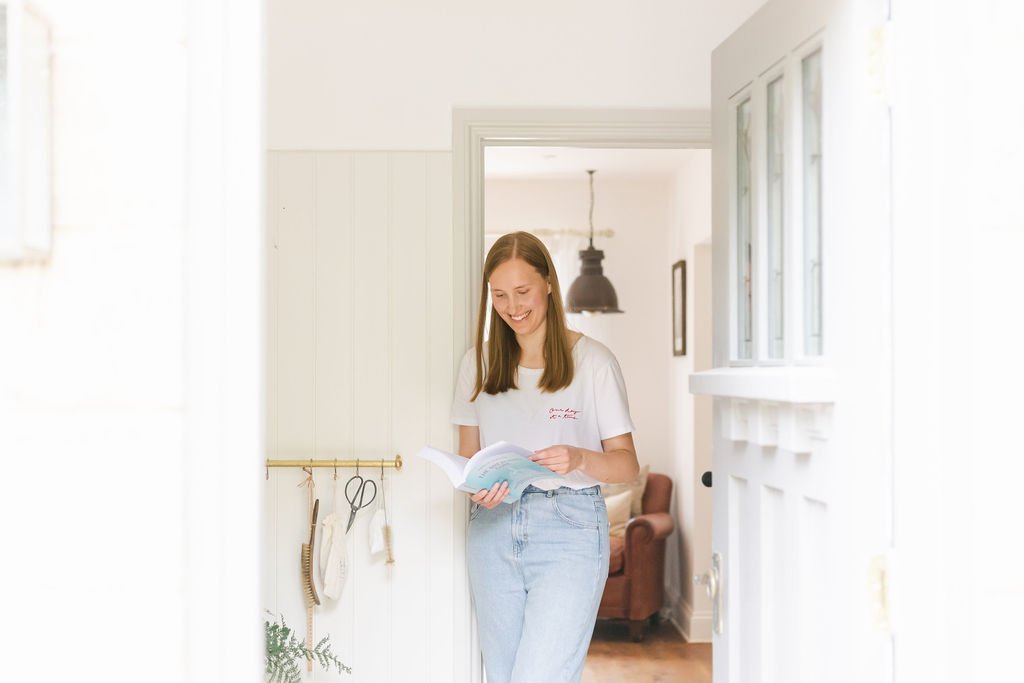Unlocking Relaxation: 5 Barriers to Effective Rest and How to Overcome Them
Taking time to relax and recharge is so important for our health and wellbeing. You might crave the opportunity to rest, but when you get the chance it can feel unexpectedly challenging. In this post I address some of the obstacles to relaxation you might face and how you can overcome them.
Table of Contents
When was the last time you relaxed? In our busy, modern day lives it can be hard to find time for yourself.
When you do get a moment, it can be easy to find yourself scrolling social media in front of the TV, not truly relaxed.
But we are human beings, not machines. If we don’t choose to make time for rest, eventually our body will force us to.
This post explores what relaxation is, it’s benefits, and how to overcome some of the obstacles that can get in the way of relaxing.
What is Relaxation?
Relaxation is often described as freedom from tension and anxiety. Engaging in relaxation practices helps elicit and activate the relaxation response.
But what exactly is the relaxation response?
The relaxation response is the opposite of the stress response (aka “fight or flight”). It is a physiological state of deep relaxation and parasympathetic dominance, associated with “rest and digest”.
Further reading: The ‘Fight or Flight’ Response
The relaxation response occurs when we feel safe and secure, but we can also learn to actively engage it.
When we shift into this state, chemical changes lead to effects on the body, such as increased feelings of calm, reduced heart rate, relaxation of muscles and reduced breath rate.
Relaxation Benefits
There are so many benefits to relaxation, both physical and mental. These include:
Improves mood, stress and general wellbeing
Improves stress-related health outcomes, such as hypertension, insulin secretion and inflammation
Reduces physical tension
Allows you to rest and recharge
Boosts the healthy functioning of your immune system
Improves quality of sleep
Decreases the burden of chronic stress on the body
Refreshes your mind, boosting problem-solving skills and creativity
Increases productivity
Develops your ability to access calm during challenging times
Barriers to Relaxation
Despite your best intentions to relax, you may find yourself coming up against some obstacles.
These are some common barriers to experiencing relaxation and some tips to help you overcome them:
1. Feeling Guilty
You may know that you need to rest and relax, but feel guilty whenever you try to do so. Or you might feel that you should take care of everyone else’s needs before your own.
It might sound cliched but the saying “you can’t pour from an empty cup” is true. If you want to support and be there for others, it is vital that you look after yourself too. Rest will help you to cope with challenges more calmly, consider fresh perspectives, increase your energy and be the best version of yourself.
If you struggle with feeling unworthy of rest, consider what you would say to a loved one experiencing tiredness and stress. Try to extend that self-compassionate voice to yourself too. You are deserving of rest.
2. Lack of Time
With all the responsibilities and obligations of life, it can feel like there is no time to rest. But relaxation doesn’t have to be time consuming.
You don’t need to fit in an hour or even 30 minutes of relaxation. Short practices are beneficial too. Try incorporating opportunities to reset and mini moments of relaxation into your day. For example, you could set reminders on your phone that nudge you to focus on your breath at intervals throughout the day.
Therapist Elsie Owen also shared an idea recently for when life feels hectic. When you have a spare few minutes, set a timer on your phone for however long you have and just close your eyes, allowing your brain to rest for a moment.
You could try scheduling time to relax into your diary too, even if it’s just 10 minutes. This will make it more likely to happen.
3. Relaxation-Induced Anxiety
Occasionally, people experience an increase in anxiety as a result of relaxation. There can be a variety of possible causes for this, such as fear of losing control, the pressure to relax, hypervigilance and fear of physical sensations. If this is something that resonates with you it might be worth exploring with a qualified professional.
It can also help to start with small moments of relaxation and build up. Doing practices where relaxation is more of a side effect than the main goal, such as mindfulness, can be a good place to start too.
4. Finding it Difficult
When we’re so used to being on the go it can be challenging to step off the treadmill and choose to rest. Thoughts or feelings might arise during relaxation that you hadn’t noticed when you were busy with other things.
If you find relaxation difficult, I encourage you to start gently. Experiment and find what feels good for you. What you find relaxing may be different to what someone else does.
If you need some inspiration, you can find some ideas below. Some deliberately elicit the relaxation response, whereas for others it is more of an involuntary side effect of the practice.
It can also help to reframe relaxation as a skill. Stick with it, as the more you practice the more you will develop the skill of resting.
Further reading: The Power of the Breath (and one technique you can use to feel calmer)
Further reading: How Harnessing Your Imagination Can Improve Your Mood
5. Feeling Unproductive
Busyness is often seen as a badge of honour in our society. We strive for and reward productivity. This means you might have adopted the belief that relaxation is lazy or a waste time.
Although it might feel like you’re doing nothing, rest has so many benefits to your mind and body. It can improve problem-solving skills and concentration, boost creativity, increase energy and promote restoration and healing in the body. So it actually makes you more productive!
I think it is also important to challenge the idea that everything we do has to be optimised for productivity. Give yourself permission to relax because it nourishes you. Rest is a basic human need that you are worthy of.
Hopefully, this post has demonstrated the importance of relaxation and helps you to overcome any obstacles that might get in the way. If you would like to learn more about this topic I have listed some resources below.
Please remember that these blog posts are not a substitute for therapy. If you feel you need more help I encourage you to seek professional support or contact your GP.
I’d love to know if you find this post helpful. Do feel free to pop me a message if you have any feedback. You can find me on Instagram @therapywithamy_ , where I share more tips and insights about worry and stress.
Resources
Rest to Reset (Suzy Reading) https://www.suzyreading.co.uk/
The Stress Solution (Dr Rangan Chatterjee) https://drchatterjee.com/
Elsie Owen (Instagram: @the_peoplepleasing_therapist )
References
Kim, H., Newman, M. G. (2019) The paradox of relaxation training: Relaxation induced anxiety and mediation effects of negative contrast sensitivity in generalized anxiety disorder and major depressive disorder. J Affect Disord. 259, p.271-278.
Luberto, C. M., Hall, D. L., Park, E. R., Haramati, A., Cotton, S. (2020) A Perspective on the Similarities and Differences Between Mindfulness and Relaxation. Global Advances in Health and Medicine. 9, p.1-13. https://www.ncbi.nlm.nih.gov/pmc/articles/PMC7003166/pdf/10.1177_2164956120905597.pdf
Relaxation Techniques: What You Need to Know https://www.nccih.nih.gov/health/relaxation-techniques-what-you-need-to-know




